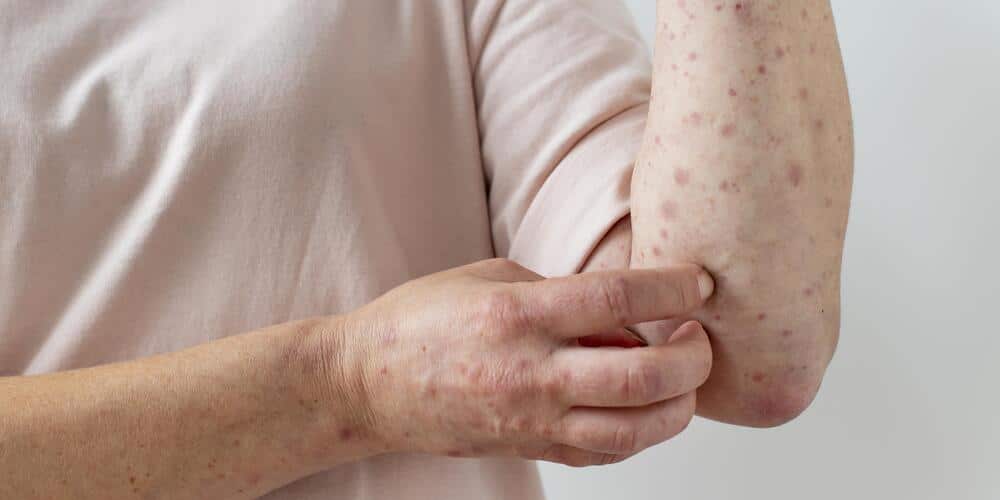World Breastfeeding Week: 820,000 children can be saved each year
Author
Author
- admin / 2 years

- 0
- 3 min read

Author
Breastfeeding reduces the burden of childhood illness, and the risk of certain types of cancers and noncommunicable diseases for mothers.
Contrary to popular perceptions, breastfeeding is on the rise globally. Over the past 12 years, the number of infants under six months of age who are exclusively breastfed worldwide has increased by more than 10 per cent. Today, 48 per cent of infants worldwide benefit from this healthy start in life. According to the latest available data, improving breastfeeding rates could save over 820,000 children’s lives each year.
This World Breastfeeding Week, an annual event that takes place from August 1–7 in over 120 countries, the theme is “Closing the gap: Breastfeeding support for all”. The United Nations International Children’s Emergency Fund (UNICEF) and the World Health Organization (WHO) emphasise the need to improve breastfeeding support as a critical action for reducing health inequity and protecting the rights of mothers and babies to survive and thrive. We need to bring the world closer to the WHO target of increasing exclusive breastfeeding to at least 50 per cent by 2025.
Breastfeeding reduces the burden of childhood illness, and the risk of certain types of cancers and noncommunicable diseases for mothers. During the critical period of early growth and development, the antibodies in breastmilk protect babies against illness and death. This is especially important during emergencies, when breastfeeding guarantees a safe, nutritious, and accessible food source for infants and young children.
“An estimated 4.5 billion people – that’s more than half of the world’s population – do not have full coverage of essential health services, so many women do not receive the support they need to optimally breastfeed their babies. This includes access to trained, empathetic and respectful health advice and counselling throughout a woman’s breastfeeding journey,” said Catherine Russell, Executive Director, UNICEF and Tedros Adhanom Ghebreyesus, Director-General, WHO in a statement.
Reliable data collection is key to tackling healthcare inequalities and ensuring mothers and families are provided with timely, effective breastfeeding support. Currently, only half of all countries collect data on breastfeeding rates.
To support progress, data also needs to be available on policy actions that make breastfeeding possible, such as family friendly employment policies, regulation of the marketing of breastmilk substitutes, and investment in breastfeeding. Improving monitoring systems will help boost the effectiveness of breastfeeding policies and programmes, inform better decision-making, and ensure support systems can be adequately financed.
Read More : World Environment Day: Invest in breastfeeding for a sustainable world









